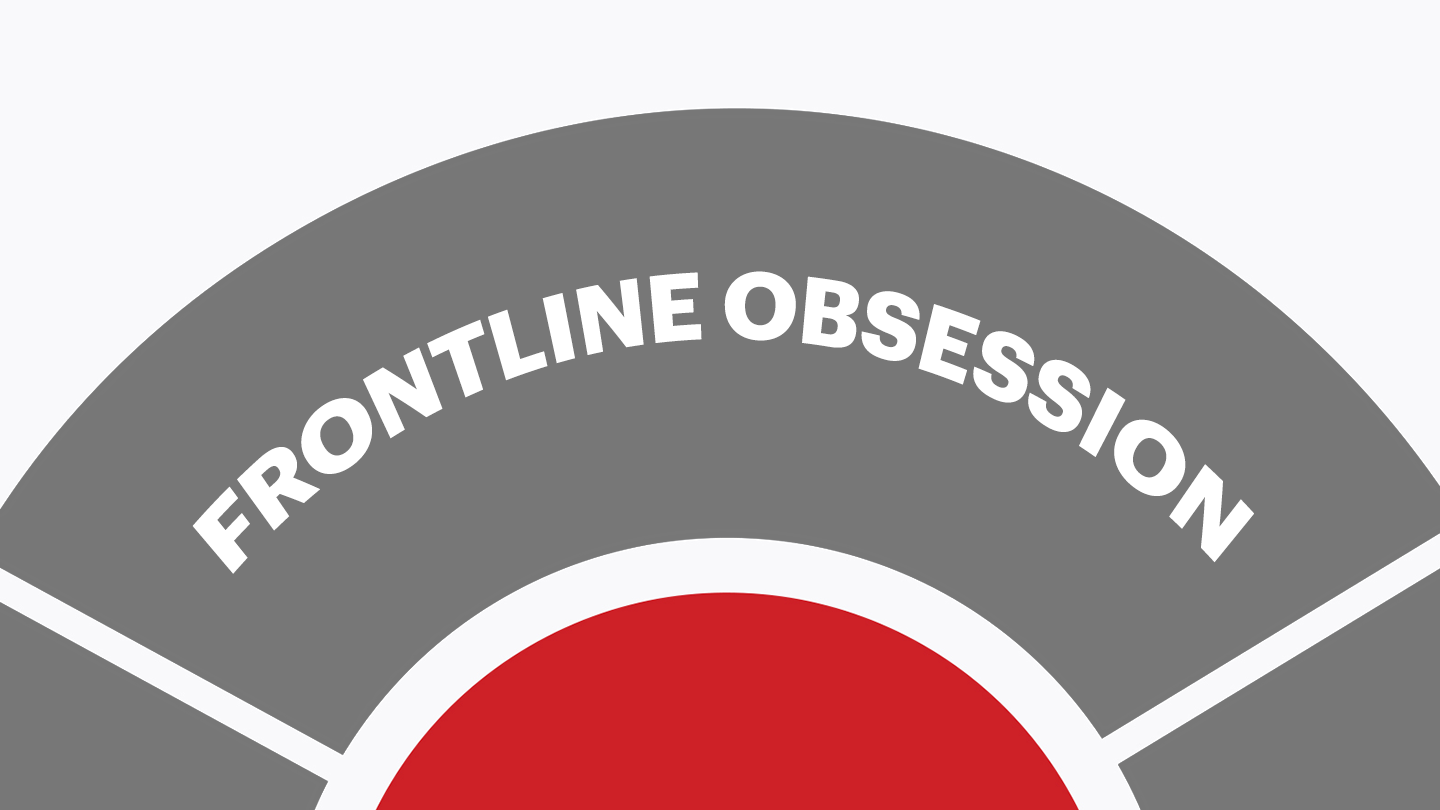The Dark Side of Love: Obsessive Love Disorder

The Dark Side of Love: Obsessive Love Disorder
Table of Contents
ToggleLove is a complex emotion that can bring immense joy and fulfillment. However, for some individuals, the lines between love and obsession can blur, leading to a distressing and unhealthy fixation on another person. Often misunderstood as simply intense infatuation, obsessive love is a pattern of behavior characterized by possessiveness, jealousy, and a desperate need for control. This article delves into the complexities of obsessive love, exploring its symptoms, potential causes, and the impact it can have on both the individual experiencing it and those caught in its grip.
What is obsessive love disorder?
Obsessive love disorder, though not officially recognized as a medical condition, refers to an intense fixation on another individual, treating them more like an object or possession than a person. This can manifest in symptoms such as delusional jealousy, where the person develops irrational beliefs about infidelity or other concerns due to their obsessive thoughts.
A person with obsessive love may have issues regulating their emotions and behaving accordingly. Other symptoms can include having low self-esteem, overwhelming attraction to a particular person, or possessive thoughts.
Some research shows that obsessive love disorder is more likely to occur in women than in men.
Signs of Obsessive Love Disorder
Although obsessive love disorder isn’t officially recognized as a mental health condition, it has certain defining traits that can help identify it. The symptoms can vary significantly between individuals, and the disorder may present differently in each person who experiences it:
- A constant need for validation from the person you are infatuated with.
- Obsessively maintaining contact with the object of your affection.
- Disregarding the personal boundaries of the person you love.
- Exhibiting controlling behavior toward the person you are fixated on.
- Experiencing intense jealousy over the other relationships your loved one has.
- Feeling an overwhelming need to protect the person you are obsessed with.
- Becoming so consumed by emotions for a person that it disrupts your daily life.
- Suffering from low self-esteem, particularly when your feelings seem unreciprocated.
- Avoiding social activities that don’t involve the object of your affection.
- Feeling extremely possessive of the person’s time, space, and attention.
- Having a strong desire to control the actions and behaviors of the person you love.
- Experiencing anxiety about your relationship with this person.
Some experts propose that romantic relationships consist of three fundamental components, known as the triangular theory of love:
- Passion
- Intimacy
- Commitment
A 2020 article highlighted that the passion element may involve behaviors such as:
- Intense focus on the loved one
- Intrusive thoughts
- Obsessive following
- Possessiveness
In some cases, these thoughts or behaviors can escalate into obsessive love.
For some individuals, these feelings may become so intense that they develop an obsession with controlling and holding onto the person they love. They may initially appear to idolize their partner but react with anger or jealousy at even the slightest perceived threat.
The four key elements of a healthy love relationship are:
- Attraction
- Connection
- Trust
- Respect
These elements might be lacking in obsessive love. For instance, those experiencing extreme jealousy may struggle with trusting their partner, leading to attempts to control or
constantly monitor their partner’s behavior.
Obsessive love often revolves around possessing a partner rather than viewing them as an equal. Instead of genuinely caring for the other person’s well-being, individuals with obsessive tendencies may focus on their own needs, loving the person as a means of
fulfilling those needs.
What Causes Obsessive Love Disorder?
Several factors contribute to the development of OLD, including:
- Erotomania
A psychiatric condition where a person believes someone, often of higher status, is in love with them.
- Borderline Personality Disorder (BPD)
Characterized by an intense fear of abandonment and difficulty managing emotions, leading to obsessive tendencies.
- Attachment Disorders
Stemming from unstable or abusive caregiving, these disorders cause abnormal attachment patterns, leading to obsessive or controlling behavior.
- Trauma and Fear of Abandonment
Past trauma or insecure attachment styles can lead to obsessive behaviors to avoid being alone.
- Obsessive-Compulsive Disorder (OCD)
This condition may involve obsessive thoughts about a relationship, leading to distrust and anxiety.
- Other Mental Health Conditions
Various mental health issues can distort perceptions, increasing the risk of obsessive tendencies in relationships.
- Social and Cultural Norms
Some societal norms can foster unhealthy relationship patterns, leading to possessiveness or controlling behavior.
Understanding these causes and symptoms can help in identifying and addressing obsessive love tendencies, ensuring healthier relationships and emotional well-being.
How Is Obsessive Love Disorder Treated?
For individuals with obsessive love disorder, treatment typically begins by addressing any underlying mental health conditions that may be contributing to the symptoms. If the disorder isn’t associated with another mental health issue, a healthcare professional will create a personalized treatment plan. This plan might include medication, psychotherapy, or a combination of both. During therapy, you’ll work with a therapist to recognize your obsessive thoughts and behaviors and learn strategies to help you manage and overcome them.
References:
- https://www.medicalnewstoday.com/articles/327098#causes
- https://www.verywellmind.com/obsessive-love-disorder-definition-symptoms-causes-5203954
- https://www.healthline.com/health/obsessive-love-disorder#symptoms
- https://psychcentral.com/health/obsessive-love-disorder
- https://www.psychowellnesscenter.com/Blog/how-to-cope-with-obsessive-love-disorder
- https://www.medicinenet.com/confusing_love_with_obsession/views.htm






One of the best articles I’ve read